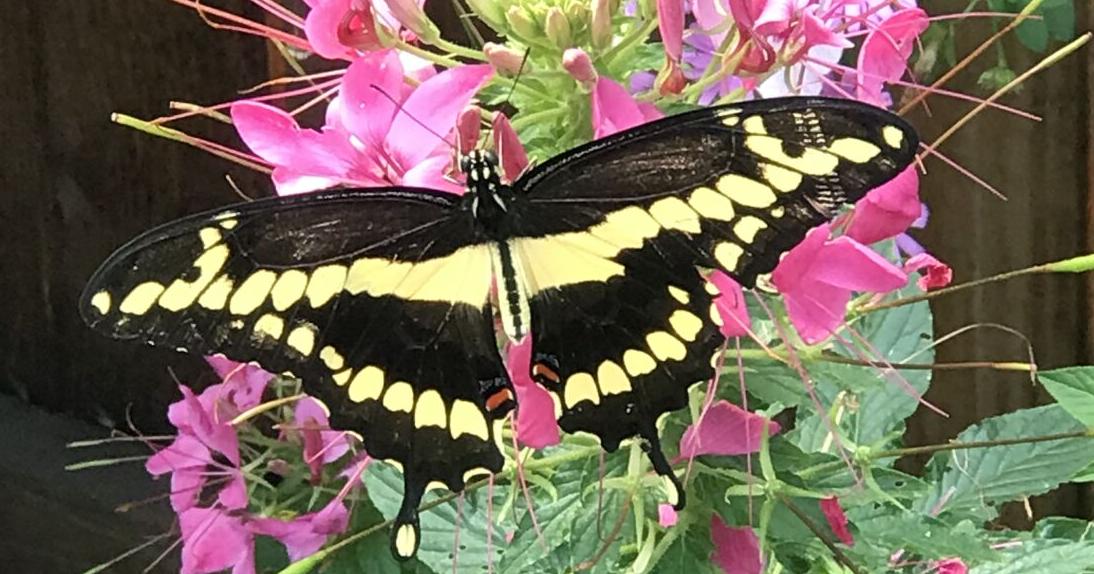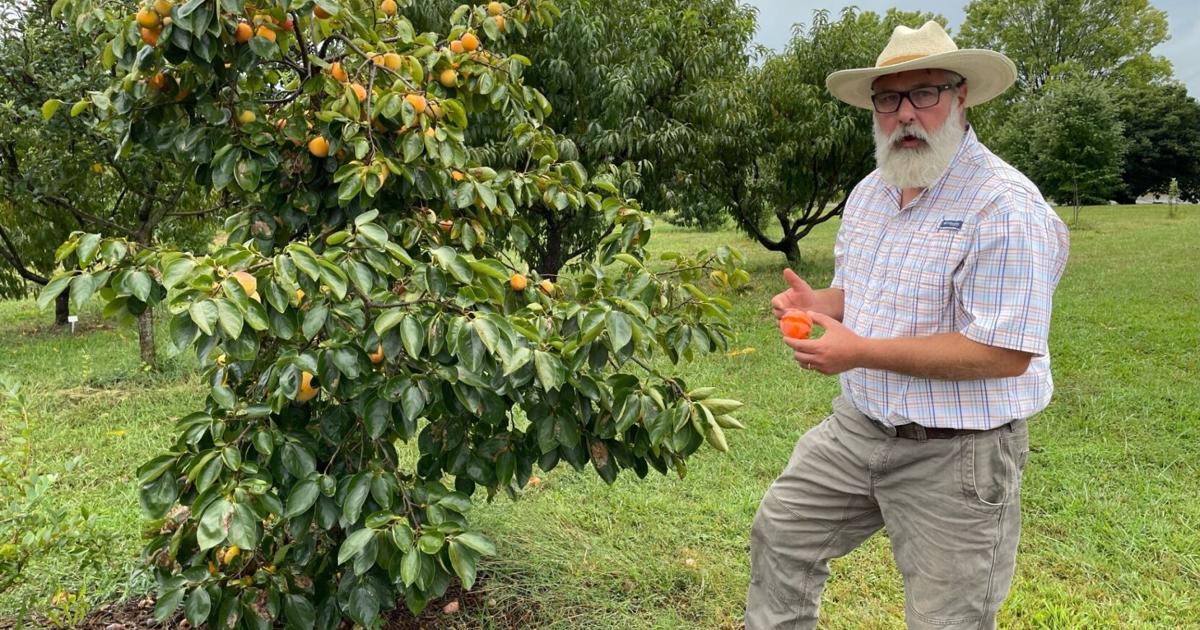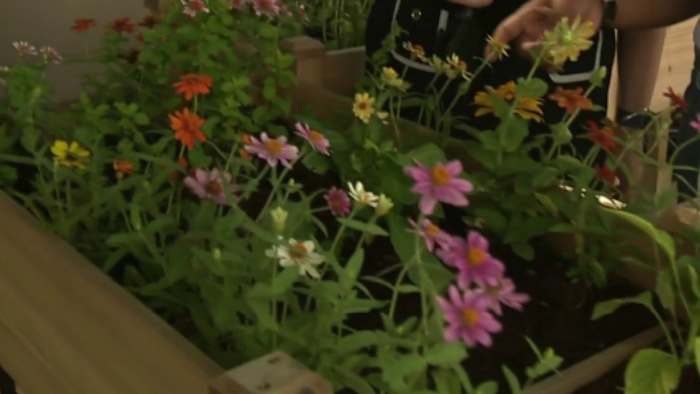SCC will host its first ever Farm-2-Fork event from 9 a.m. to noon on Oct. 19 at the Center for Sustainable Agriculture, 100 Community College Drive. More than 20 local agriculture vendors will be in attendance.
Sweet potatoes grown at Spartanburg Community College’s Center for Sustainable Agriculture.
The topics that will be discussed will include cover crops, food preservation, poultry production, cut flower production, hydroponics and aquaponics. Cooking demonstrations will also be offered.
Moore said the event will provide information on how to best grow crops in the fall season.
During the summer, most people grow beans, corn, squash, hot peppers and cantaloupes. In the fall, farmers tend to plant more radishes, carrots, beets, lettuces, salads and some varieties of kale. Collards and turnips are also typically planted in the fall. Moore said planters shouldn’t wait too long to plant while there are still some warm days ahead and the soil isn’t too cool.
“With shorter days, the air temperature is going to drop, and that’s when root activity slows,” Moore said. “You need to get those crops in now while we are still having warm days and that way the roots can get established as we cool off.”

Hot peppers grown at Spartanburg Community College’s Center for Sustainable Agriculture. The center opened in 2018.
In some cases, gardeners don’t plant crops in the fall at all.
Moore said it’s still important for them to plant cover crops. The cover crops could be red clover, turnip greens or oats. The soils’ microbes still need to be fed when temperatures get colder, he said.
“Plants in the soil release carbon and let fungi grow and give the soil the proper bacteria,” Moore said. “It’s always good to have diverse communities of microbes in the soil. From an agricultural standpoint, it’s good to continue to grow something even though you are not going to harvest.”
During the fall, Moore also recommends against heavy tree pruning. In some instances, pruning can damage the tree since it can’t seal itself off quickly from the area that is pruned before temperatures turn colder. He also recommends maintaining a compost pile during the fall. The composted material can be reintegrated back into your garden when the weather turns warmer. He’s also a big supporter of local farmers markets.









